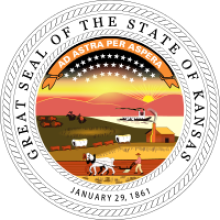Next City Interviews Christopher on Municipal Networks
Nancy Scola, a reporter with Next City, wanted to know about municipal networks. Naturally, she turned to our own Chris Mitchell. Nancy and Chris discussed some of the most pressing issues swirling around municipal broadband. Nancy begins:
At the moment more eyes than usual are focused on high-speed Internet’s uncertain future in the United States — from “open Internet” rules and municipal-run broadband to worry over Comcast’s pending Time Warner Cable merger.
Sitting in the middle of the debate is Christopher Mitchell, the director of the Telecommunications as Commons Initiative of the Institute for Local Self-Reliance. He has long advocated for city-run broadband networks such as those found in Lafayette, Louisiana, Chattanooga, Tennessee, and Bristol, Virginia.
Nancy: What’s the elevator pitch for municipal broadband?
Chris: That it’s a network responsive to local needs. Rather than decisions being made in a corporate boardroom on Wall Street, they’re being made by someone in town based on what’s going to benefit the community the most. And that’s going to be faster speeds, lower prices, better reliability, better customer service, those sorts of things.
Nancy and Chris also touch on issues such as municipal Wi-Fi, myths propagated by cable and telephone company lobbyists, and broadband as a utility.



